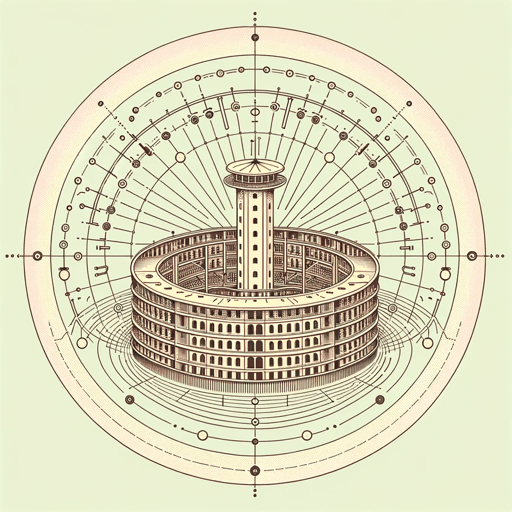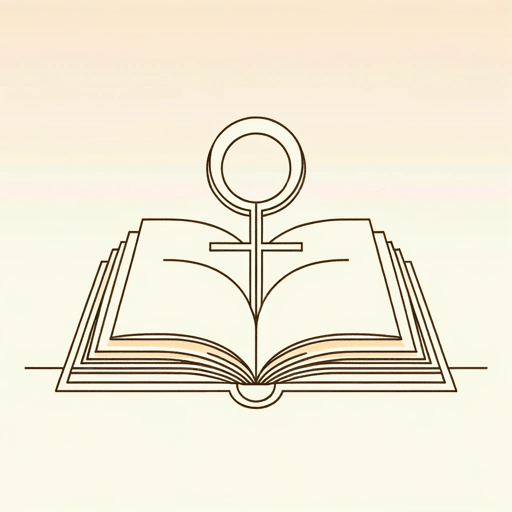60 pages • 2 hours read
Michel FoucaultThe Order of Things: An Archaeology of the Human Sciences
Nonfiction | Book | Adult | Published in 1966A modern alternative to SparkNotes and CliffsNotes, SuperSummary offers high-quality Study Guides with detailed chapter summaries and analysis of major themes, characters, and more.
Background
Authorial Context: Foucault’s Scholarship and Perspective
Paul-Michel Foucault was a prolific post-World War II scholar. Beginning with Mental Illness and Psychology in 1954, Foucault continued to publish academic books, lectures, and articles up until his sudden death in 1984 at the age of 57. At the time of his death, he was working on the fourth volume of The History of Sexuality, titled The Confessions of the Flesh. This fourth volume was published posthumously in 2018, marking Foucault’s continued importance for contemporary thought.
All of Foucault’s scholarship has a common theme: the relationship between power and knowledge. Foucault explores this idea in different ways, though notably all of his explorations relate to the “human sciences” (psychology, sociology, anthropology, literary analysis, etc.). Foucault had a particular interest in psychology, clinical medicine, and the relationship of both to sexuality. Foucault’s contemporaries were thinkers like Simone de Beauvoir, Jean-Paul Sartre, and Albert Camus. After World War II, these French philosophers deeply questioned the inherent meanings and social structures in life passed down by previous generations because of the atrocities of the war. Beauvoir deconstructed what it meant to be a woman, while Sartre and Camus questioned the very possibility of inherent meaning in life. Foucault’s work questioned the very meaning of knowledge.
Related Titles
By Michel Foucault




